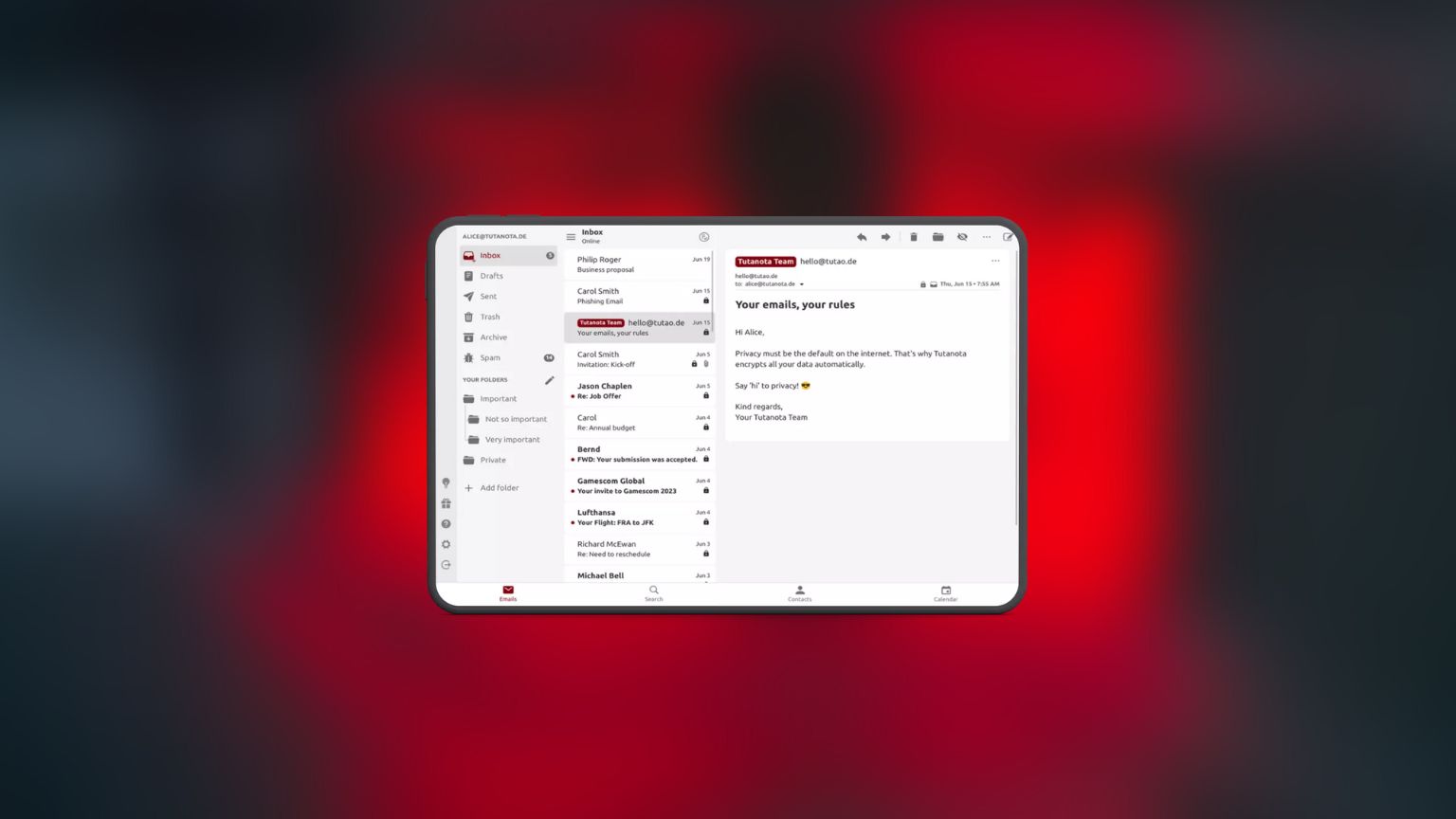Reports have emerged that emails sent to Outlook from any @tutanota.com address are being inaccurately flagged as spam. This ongoing issue, which has prevailed since mid-November, has led Tutanota’s team to consult multiple sources within Microsoft, including a member of the board in Microsoft Germany and Microsoft’s support team. Regrettably, the problem remains unresolved and is yet another example of how Big Tech companies’ actions are crushing competitors.
Matthias Pfau, Tuta’s CEO and co-founder, details the numerous attempts at rectification with Microsoft that have thus far only yielded standard responses, stating, “We repeatedly tried to solve the issue with Microsoft, but unfortunately the Microsoft support team has only replied with standard emails. The issue has not been solved to date so we contacted a board member of Microsoft Germany on 27 November, but have not heard back to date.” He adds that a similar incident occurred last year involving Tutanota accounts’ inability to register for Microsoft Teams, a situation that eventually found a resolution through the spotlight of public attention.
The onset of the issue was marked by user reports to Tuta’s technical support, revealing the spam flagging issues they faced while mailing Outlook users from tutanota.com accounts. The seemingly arbitrary spam filter application by Microsoft appears to target solely the tutanota.com domain, leaving Tuta’s other email domains – tuta.com, tuta.io, tutanota.de, tutamail.com, and keemail.me – unaffected for now.
Unresolved as of December 5th, 2023, the issue continues to strain Tutanota’s reputation and business operations and inconvenience its clientele. According to Pfau, businesses using Tuta that engage with Outlook users are particularly disadvantaged as their emails may be wrongfully flagged as junk mail. In light of this, Pfau calls for Big Tech to take responsibility, asserting that they must be held accountable for consequential errors and work towards upholding an impartial and open internet domain. He specifically references the EU’s Digital Markets Act (DMA), which casts Microsoft as one of the tech giants bearing the title of “gatekeepers.”



F***ng hell. And here I was wondering why my mail never reached my bosses.
…#… Microsoft